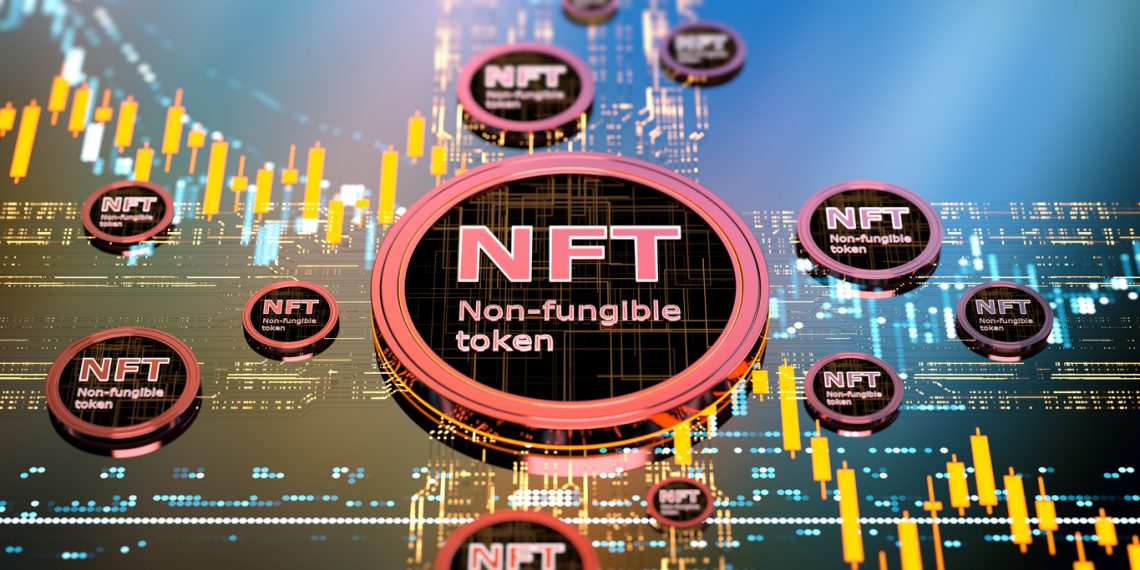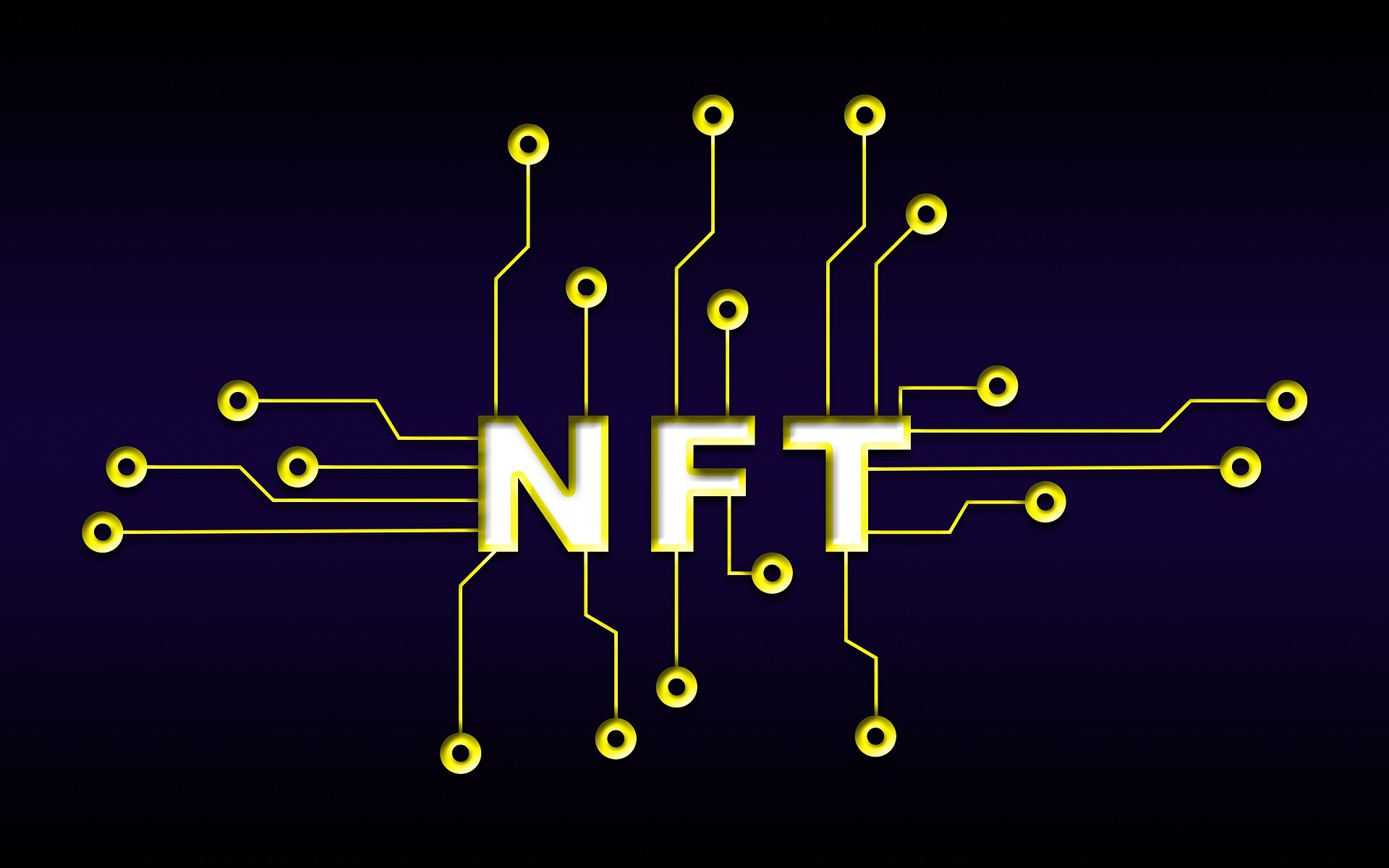
Non-fungible tokens (NFTs) are similar to cryptocurrencies, but have important distinctions. While both types of transactions are recorded on blockchain ledgers, NFTs can also reflect ownership of a digital or physical item, such as computer-generated media, sports trading cards, tangible artwork, firm shares, and even real estate.
So, should you invest in NFT? That depends on whether the goods they represent are genuine, valuable, and stand to benefit from being tokenized.
Pros and Cons of Investing in NFTs
Pros
- Open to the entire public.
- Convenient digital method for establishing and proving ownership of any form of asset.
- Reduces disagreement over ownership claims
- Own portions of an asset that are not otherwise fractionalized.
Cons
- Susceptible to market manipulation.
- Potential for fraud, frauds, and money laundering.
- Tradeoffs of self-managed security
- Does not prevent disputes, theft, or infringement.
- Added investment analysis for the underlying asset.
NFT Pros Explained

There are numerous reasons why investors might wish to acquire and sell assets that have been tokenized into NFTs. Some benefits include:
-
Allowing anybody to invest: Because NFT markets have a broad and global reach, demand is theoretically infinite—which is advantageous for driving value to an NFT if supply is limited. Anyone with a working computer, an Internet connection, and understanding of NFT marketplaces can invest.
-
Memorializing portable contracts: NFTs can be used to digitally represent any thing that benefits from having its ownership documented through an app or website. The ability to instantaneously generate, verify, and transfer what is basically an electronic contract eliminates the need for legal intermediaries and saves time and money on drafting, managing, and retrieving physical contracts.
-
NFTs are minted and hosted on blockchain technology using compatible wallets, which strengthens legal evidence. Because the blockchain is a tamper-proof ledger, it is easier to prove ownership of an item and more difficult to contest in court.
-
Fractionalizing ownership: Ownership in items can be efficiently divided through primary markets and quickly resold through secondary markets among hundreds, thousands, or millions of investors, increasing market liquidity and providing an alternative avenue for streamlined crowdfunding. Raising and distributing equity has generally been limited to fragmented communications and administrative documentation that lacks central visibility. NFTs utilized for equity fundraising may be treated as securities.
Read Also: Native Tokens You Should Know About
NFT Cons Explained
Investing in tokenized assets via NFTs might also have downsides, including:
-
NFTs are an unregulated asset class, with few or no investment restrictions or consumer protections in most jurisdictions. Market manipulation is common and sometimes goes undetected, with disinformation and speculative enthusiasm contributing to inflated prices, volatility, and pump-and-dump schemes.
-
Fraud, Scams, and Crime: Anyone can fabricate claims about an NFT, carry out an NFT transaction, and establish an NFT marketplace online, allowing criminals to easily prey on naive consumers and sellers. The remote nature of NFT transactions makes it challenging to verify tangible commodities that are supposed to represent the tokenized asset while also adhering to anti-money laundering (AML) regulations. Some commodities, such as fine art and luxury items, are already difficult to verify whether they are genuine and came from a reputable source with professional competence. To guarantee that the transaction is not for a forged replica, a hoax, or illegal commerce, supporting documents confirming the asset's provenance, the counterparty's identity, and the marketplace's authenticity may be required.
-
Limited legal rights: While NFTs can verify ownership and give supporting evidence in a dispute, they cannot prevent the tokenized item from being contested and pirated entirely. NFTs do not waive legal claims or grant patents, trademarks, or copyrights. Third parties may choose to litigate ownership, duplicate the asset, and sell the replica. Electronic photos and movies are easily copied, pasted, and saved, making them vulnerable to intellectual property theft and infringement. NFT security is self-managed unless acquired from an external party. Properly storing, unlocking, and invoking public and private keys in an NFT wallet is a complex and time-consuming operation with room for error, which could result in losing access to hackers and technical malfunctions. NFTs also do not provide privacy guarantees due to the public transparency of blockchain transactions and are a common conduit for introducing malware.
-
Weighing a dual investment structure: The value of the NFT is intimately linked to and distinct from the value of the underlying asset. Investment fundamentals for the underlying asset and the NFT's economic characteristics must be considered concurrently and in combination. Intangible, digital-only goods have lower inherent value than tangible, hard-asset items.

Why Do Individuals Invest in NFTs?
Investors buy and sell NFTs for a variety of reasons. Some want to own the underlying asset. Others may see value in converting the asset into an NFT or learning more about cryptocurrencies and blockchain technologies.
How Do I Invest in NFTs?
Tokenized assets can be purchased publicly on NFT markets and some cryptocurrency exchanges, as well as privately through brokers and dealers such as auction houses Sotheby's and Christie's.Many online NFT marketplaces, like OpenSea, Rarible, NBA Top Shot, Super Rare, and Nifty Gateway, require the ownership of a certain blockchain's native token to purchase an NFT—usually ether, the Ethereum platform's coin.
Which Assets Can Be Tokenized Into NFTs?
NFTs have been created from digital materials such as images, drawings, sketches, GIFs, movies, melodies, and video game collectibles.Paintings, sculptures, wine, sports memorabilia, automobiles, flights, tickets, reservations, homes, structures, and businesses are all examples of physical assets.
The Bottom Line
Investing in NFTs has as many advantages as disadvantages. In general, NFTs should be purchased if the tokenized asset has a well-established market and interests you—otherwise, the NFT is unlikely to appreciate in value and you will be content to own it after purchase.
